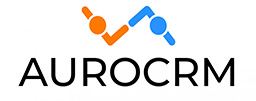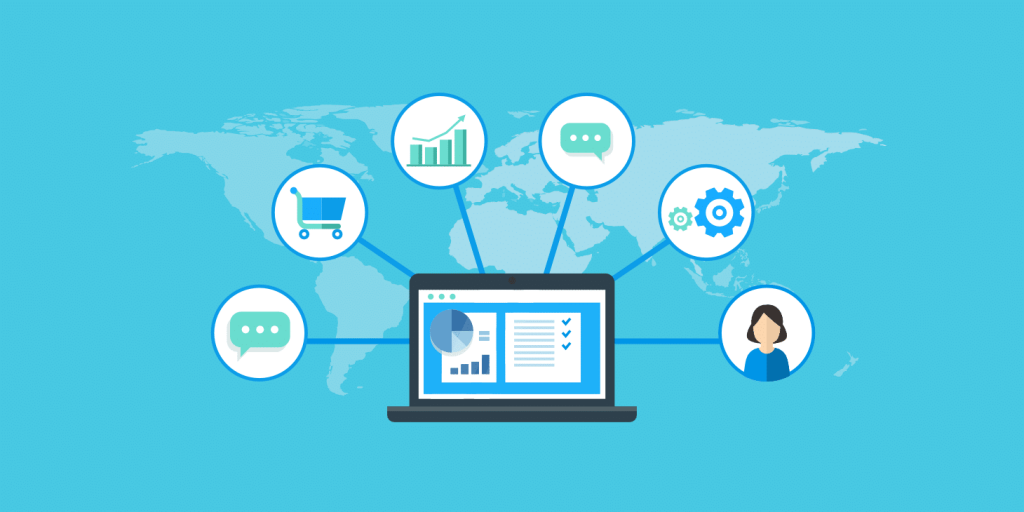The world of finance is a tough nut to crack for individuals who have limited expertise in the field. Since the addition of the digital financing landscape isn’t helping the cause, it is natural for individuals to seek assistance from professional financial advisors.
The fintech industry has pooled different forms of innovative financial solutions to meet the growing demands. The dynamic nature of the financial landscape has pushed shockwaves in the economy and individuals are often wrong-footed when it comes to managing finances in such situations. Furthermore, the solutions of financial service providers are adding to the clutter.
Let’s see how the CRM software has acted as a bridge between the sales rep of the FSPs and the end consumer.
Relationship Between CRM, Financial Sector, and Users
The lack of financial literacy among individuals has made it difficult for sales reps to understand the immediate financial requirements of the clients. Communicating solutions based on a half-baked understanding of the problem is also a problem.
In such situations, the CRM data on the personal finances of individuals can help sales reps understand the problems better. The data presents solutions in an easier-to-consume format, which helps the client foresee changes that they might want to see in their financial management process.
The role of financial CRM software is not just limited to providing insightful data. It is crucial in automating tedious financial record-keeping from a personal standpoint. The pace at which you wish to achieve financial solutions, including the result, takes all the chances of manual intervention away. It also frees up time of the sales to focus on delivering financial services.
Also read: Key CRM Features That Can Shape The Future Of Your Small Business
Benefits of Using a CRM Software
1. Centralized Information Management System
In most organizations, some departments work in tandem to provide quick financial assistance. However, the nature of operations is such that if any of the wheels (department) lags in complying with the tasks, the entire delivery process slows down. One of the prime reasons for such lags is the lack of communication or broken channels of interdepartmental interaction.
To address the aforementioned issues, a financial CRM software is ideal as it provides real-time updates on personal and finance-related information of the clients. You can send the information across the department by just allowing access with a single click. So, a centralized information channel is created without even putting in extra effort; the software does it all for you.
2. Increased Final Conversion and Lead Generation
The centralized stream of data not only helps in the streamlining processes but at the same time, can be passed through an analytics tool to predict future actions. The faster you process the data and figure clients’ requirements, the better chances are of conversion. The CRM software not only uses existing data to help the FSPs to convert leads, but it also uses the historical data to predict the certainty of a conversion.
The mention of competitions goes hand in hand with the ubiquitous use of CRM. In this case, we would like to draw your attention to the fact that increasing competition might cause the sales rep to channel their time and resources into multiple sales strategies. On the flip side, it is only after seeing the data that a sales rep can find out crucial information about the right time for following up a lead or setting up a demo for a new user.
3. Strong Customer Service
Today, individuals seek financial loans through various sources. For instance, they might apply for an education loan from one bank, and a home from another bank. Consumers often deal with more than two banks for availing various forms of assistance. Now, managing records of financial deals are quite tough, and so, the role of CRM is crucial.
Both the banks and financial service providers use the CRM tools to bring some to the financing process. All the information of the client can be stored at once, and at the same time, they can be layered with just a few clicks. For instance, a client availing multiple loans has changed their permanent address, so the new address will be updated for all cases.
As customer service lends some credibility to the company’s finance management process, the chances of building long-term trust increases.
4. Customer Retention
At its core, CRM tools are an ideal way to retain customers across domains and not just specifically in the world of finance. With most of the banking activities done online, the role of CRM in customer retention takes a whole new dimension. Clients prefer availing of financial services online or make queries through chatbot assistance or one-on-one interaction.
As the banking infrastructure is moving online, CRM tools help to work on data at a personal level. For instance, if the customer makes a query for a particular type of leasing service, a personal note is added against the particular client. This information is passed on to the leasing department who takes it from there, and hopefully, there is a conversion.
Conclusion
Using CRM helps FSPs and banks to attend clients in the best possible way. Not only that, CRM data holds the key to streamlining the business processes based on the market needs. We have listed a few benefits of integrating CRM tools in the financial sector. But there are several other financial benefits, like customer profiling, redirecting targeted financial solutions to name a few.
The digital infrastructure is forcing the FSPs to innovate and add new solutions to handle customers. The time has arrived to integrate solutions that are driven by the latest technologies, like ML, and AI. The sooner banks migrate to a newer new line of the solution, the chances to grow sales number.



